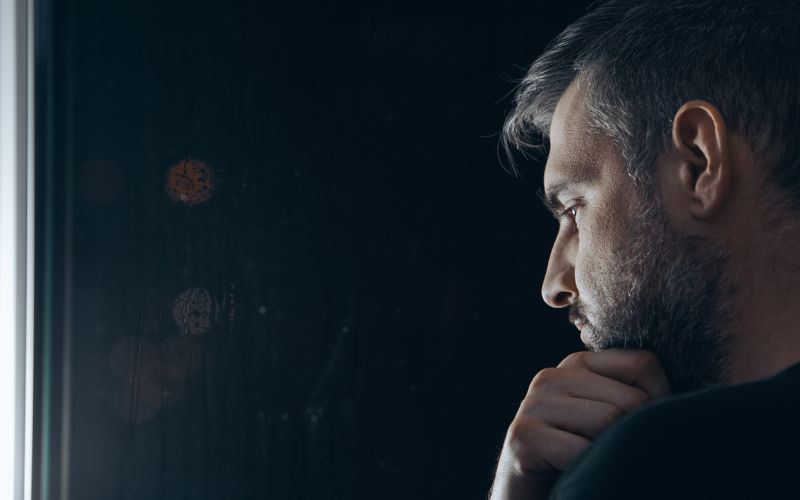Drugs and alcohol arent even half the problem
November 18, 2023
Australias penal colony culture has continued into the fabric of all our public administrations, but most particularly Health, Education, Community Services and Justice.
Dont challenge the System. Learn to do what youre told, and to know your place, could be the mottoes of many arms of government.
In the field known as Alcohol and Other Drugs (AOD) in the Health realm, labelling, stigma and discrimination of Users is ramped up to industrial levels, even more than for mental health and disability.
But this sector of the Care Economy also has a Jekyll and Hyde aspect to it. Because on one hand alcohol is heavily promoted, while cigarette smoking is demonised. Yet vaping is growing exponentially, and policing of the market selling to young and old alike is virtually non-existent.
If you use a common journalistic technique for uncovering where some truths might lie, by following the money, the whole AOD field broadens widely, to encompass a bunch of prevalent co-morbid behaviours.
Alongside drinking and smoking sit Gaming and Gambling, as increasingly pervasive allied addictive behaviours. These co-morbidities only take on their morbid side when the horse has well and truly bolted (pardon the racing pun). Prior to that endpoint they have been the heavily promoted recreational activities advertised massively alongside our national sports, on TV, Radio and on-line services like Spotify.
Youd be forgiven for thinking it might be fun to have a bet with your mates, while downing a few cold ones either at the track, in the pub, or at home in the backyard barbecue area.
That scenario is a very long way from the starkly growing Domestic and Family Violence epidemic resulting from alcohol abuse, and often fuelled by gambling losses.
The complicated market in the drugs, alcohol and addictive (co-morbid) behaviours space, is interconnected with the Care Economy in a deeply compromised way.
Firstly, the Health system is set up to only deal with Substance Misuse, not co-morbid addictive behaviours. So clinicians dont see that as part of their jobs (not core business in our section of the Care Economy).
Caring for people after they have become addicted is another field of business in itself, with precious few Residential Rehab Centres, and those that are available are either booked out, or cost a Kardashianesque Hollywood-sized bomb. And the Care Economy now includes many professions that focus on different stages on the pathway to Rehabilitation and Recovery, a number of them based on profit making escape zones for the rich. If youre poor, welcome to Cold Turkeysville.
Debates also arise in the AOD space about the need to stop blaming and shaming substance users, when drinkers and gamblers are apparently approved by society, and the mega businesses promoting them which pay substantial taxes AND fund political parties generously.
What is not clear is how do you avoid criminalising drug use in a media culture dedicated to demonising it, while totally ignoring the much higher costs to society from the effects of Alcohol and Gambling, which happen to be among their biggest advertisers.
How do you begin to address the impact of Vaping, when it has already been allowed in the back door to access a growing unregulated market of young people getting addicted to nicotine in a whole new way.
And how do you begin to reach the rapidly growing numbers of on-line gamers, who have even earned their own group identity in Japan known as Hikikomori, those who never come out of their room (due to 24/7 on-line gaming addiction).
As well as children and young people increasingly becoming involved in on-line gambling, because its built into their on-line games. And theyre using their parents credit cards to bet on-line.
All of this raises the broader issue of the need to rise above old models of Rehabilitation, with their Calvinist overtones of shaming, and begin addressing the Public Health and Health Promotion challenges of introducing much more effective Awareness Raising and Education among families, schools and young people generally.
Which leads nicely into the final growing broad acres of addictive behaviours virtual and social media, screen-based living, and the related fields of sexting, social media bullying, and porn.
Currently very little is being done society-wide to address these issues. And they quickly default to Face Saving Denial by families, who carry shame when they discover the problems. Or their cross-generational and cross-cultural clashes lead to blow ups at home that worsen the problems.
These are wicked problems that need cool heads of all ages, cultures, beliefs and gender preferences to come together and begin to find mutual solutions. The Care Economy wont find an answer to this in seeking to establish another market segment. Its a job for the Commonweal to address, One In All In.

